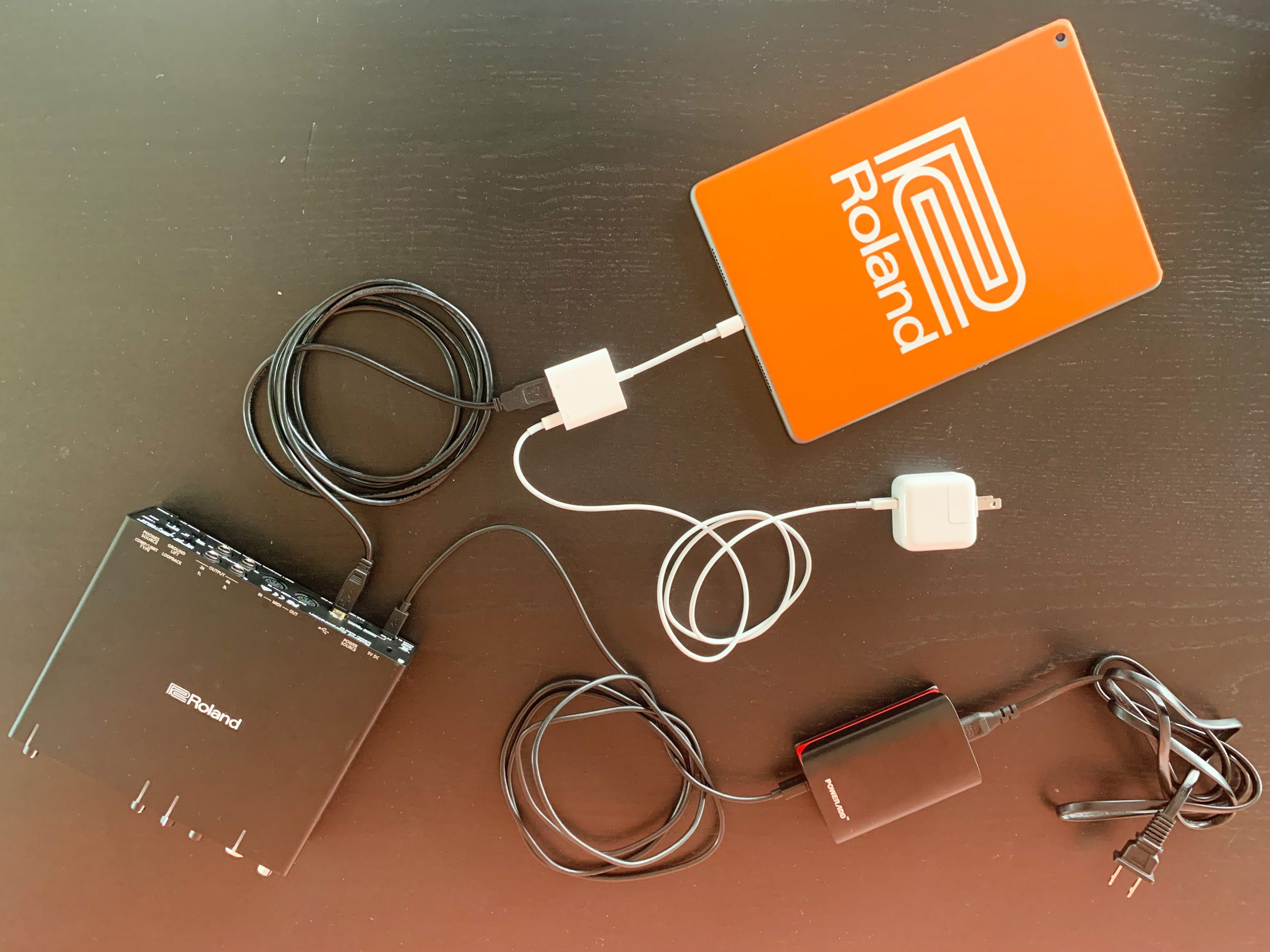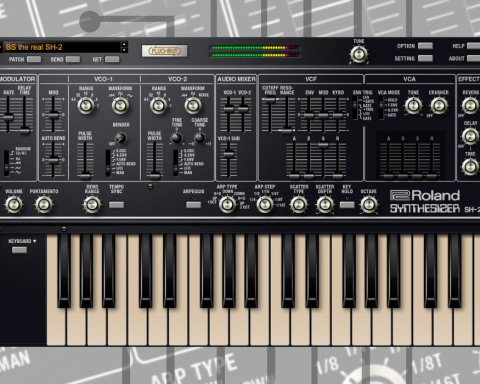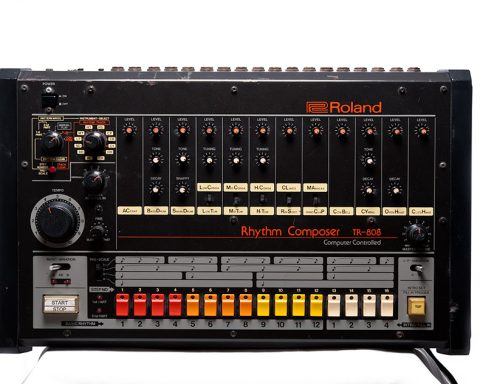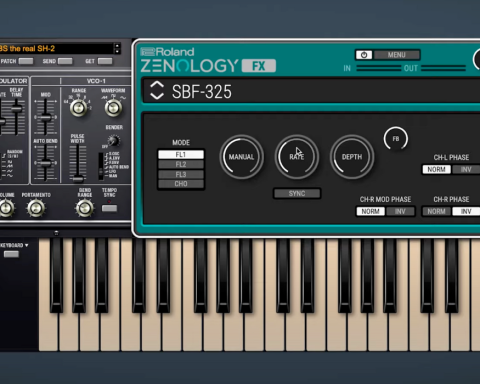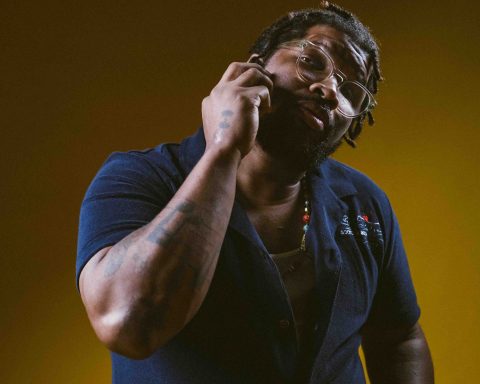When the global pandemic hit in early 2020, the live music industry scrambled to react and reinvent itself. Artists, venues, and promoters all had to radically rethink their approach to the age-old art of live performance. Long a supplement to in-person events, livestreaming quickly emerged as the primary way for audiences to experience music. Verzuz and Rolling Live Studios point to a bright post-pandemic future for livestreaming. Still, with all these online concerts created in short order, the ability to deliver high-quality audio had to play catch up. Roland developed tight relationships with both camps, helping them up their sonics to match the dynamic visuals.
The Roland Kit
By positioning legacy artists swapping hits and candid conversation, Verzuz struck online gold. With billings like Erykah Badu and Jill Scott and Snoop Dogg and DMX, the phenomenon became the new watercooler—must-see social media. Founders Swizz Beatz and Timbaland created a runaway pandemic hit. “Many of us in the company watched Verzuz as fans at the beginning of the pandemic,” explains Christian Delfino, Roland’s Director of Global Marketing Production. “But we saw a lot of audio issues happening with some of the early broadcasts.”
"A lot of people were coming at us with a lot of ideas. Roland came with the right idea, the perfect idea." -Swizz Beatz
Roland began looking for ways to assist the platform. “I got a call from Swizz Beatz,” Kristin Seaborn, head of Roland’s partnership projects, recalls. “He was like, ‘We’re doing this big thing on Instagram right now, and we can’t get the audio right.’”
“We knew it was something big brewing, but we never dreamt it was going to be the scale of what it is,” shares Brian Alli, Roland VP of Artist Relations.
Swizz Beatz confirms that Roland got involved at just the right moment. “This is what made the Roland partnership so special,” he reveals. “A lot of people were coming at us with a lot of ideas. Roland came with the right idea, the perfect idea. Got to have the ‘Roland Kit.’”
The “Roland Kit” to which Swizz Beatz refers is an evolving approach to capturing live audio for streaming to social media. At first, the kit utilized the company’s GO:MIXER PRO as its heart. Delfino details a few of the challenges Verzuz faced. “We needed to make sure we could get audio in from whatever source the music was coming from—laptop, another phone, etc. and a microphone.”
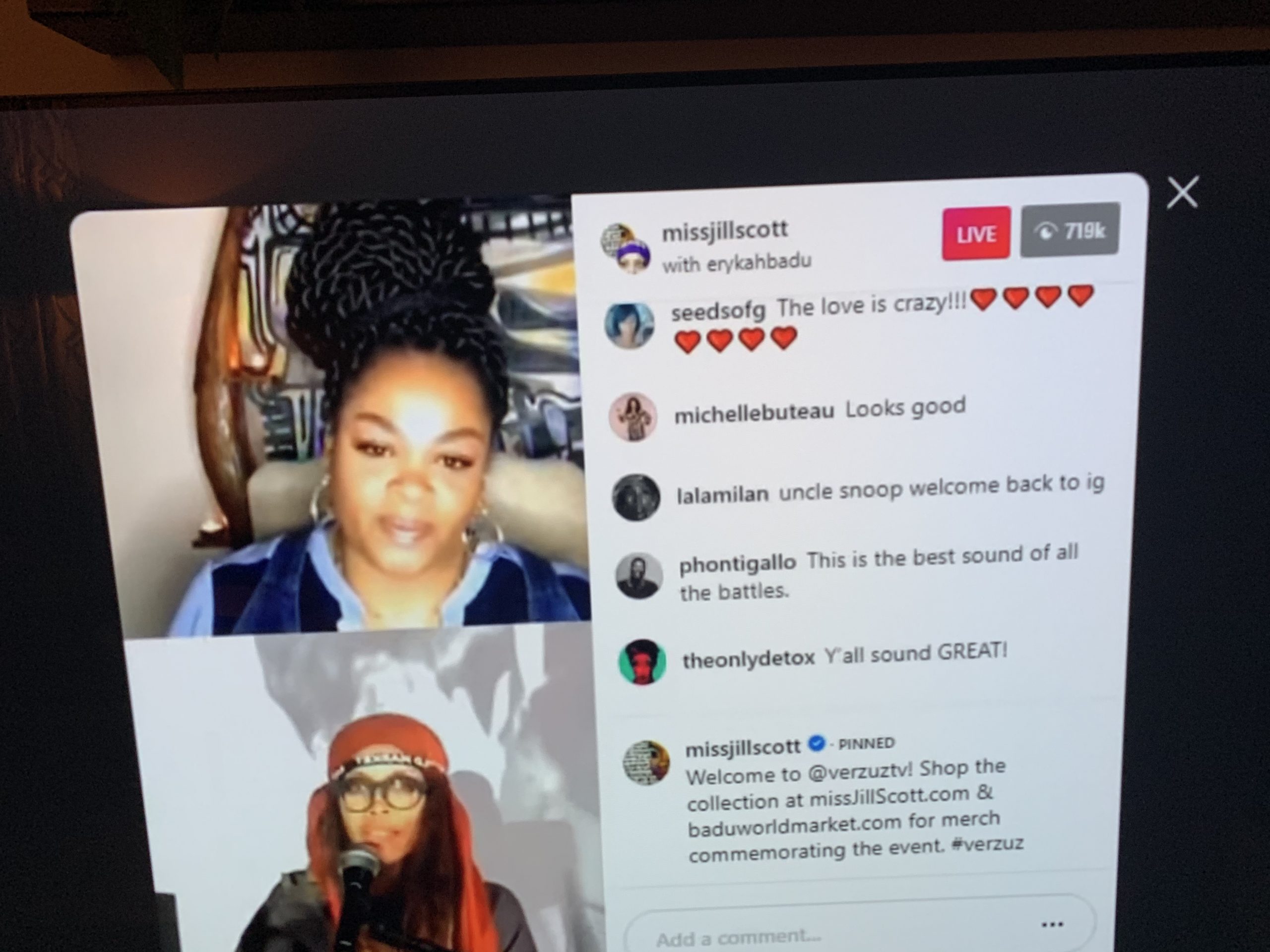
"The GO:MIXER PRO-X was a byproduct of some of the improvements artists and creators wanted."
-Brian Alli (Roland)
Evolving for a Changing Landscape
This basic setup was only the first half of the solution. “When you add a second person, you’re interacting on the same Instagram channel, which is what Verzuz is all about,” Delfino illustrates. “You need both of those participants to be on the same channel. When the phone flips over to another audio system, it’s optimized for calls. It’s a different impedance to get the audio signal in.”
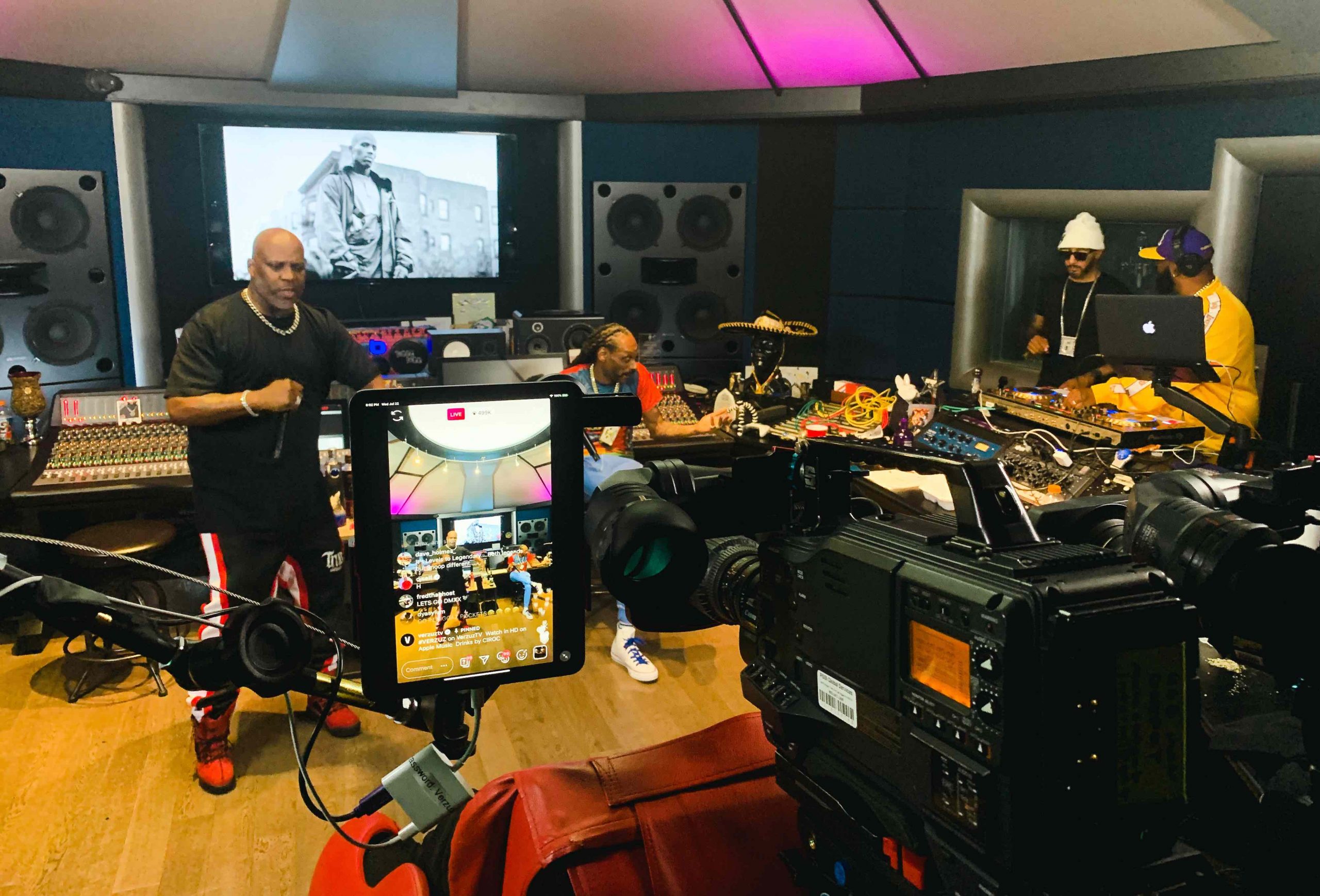
Sourcing the right peripheral gear wasn’t a cinch in the middle of the pandemic, either. “We couldn’t go to our local shop,” Delfino recalls. “We had to get cables shipped and tested a whole bunch until one came in, where we plugged it in, tried it, and it worked.”
The relationship between users and tools is a reciprocal one. Brian Alli says that the needs of creators influence the evolution of the product itself. “The GO:MIXER PRO-X was a byproduct of some of the improvements artists and creators wanted. We’ve been able to update in that short a span of time.”
"We evolved with the show. It was a low-key thing, and then it picked up steam organically."
-Christian Delfino (Roland)
The Verzuz Effect
Like many aspects of the pandemic media landscape, Delfino watched Verzuz change in real time. “After Beenie Man and Bounty Killer in Jamaica, Swizz Beatz and Timbaland saw the dynamic that can happen when you have the two artists in the same room.”
So, the “Roland Kit” shapeshifted into its second iteration. “We moved over to using a Rubix interface because we were getting audio that was being mixed in a professional studio,” he says. “Plus, we started using an iPad because it had better cameras.” The first stateside test run with the new setup was for John Legend and Alicia Keys in Los Angeles. Despite some Wi-Fi hiccups, the broadcast was a resounding success.
As Verzuz has grown so has the scope of its production. “We evolved with the show,” Delfino says. “It was a low-key thing, and then it picked up steam organically.” He details the current process for Roland. “Using our switchers, we take the mixed signal being broadcast onto Triller,” Delfino explains. “They provide the SDI feed with the audio embedded. Then we composite the graphics onto the video so it fits into 9 x 16 for Instagram.”
Billboard even published an article called “The Verzuz Effect.” The piece details how performers see an uptick in streaming numbers after an appearance. For Timbaland, the rise of Verzuz was also about connection during a challenging time. “It was a moment when we were at home—it was a bonding experience in the pandemic.” The way the rawness of the early productions gave way to the new polished Verzuz adds to the show’s appeal. “We grew something in front of people from the ground up,” Timbaland adds. “It was born here, but it lives on forever.”
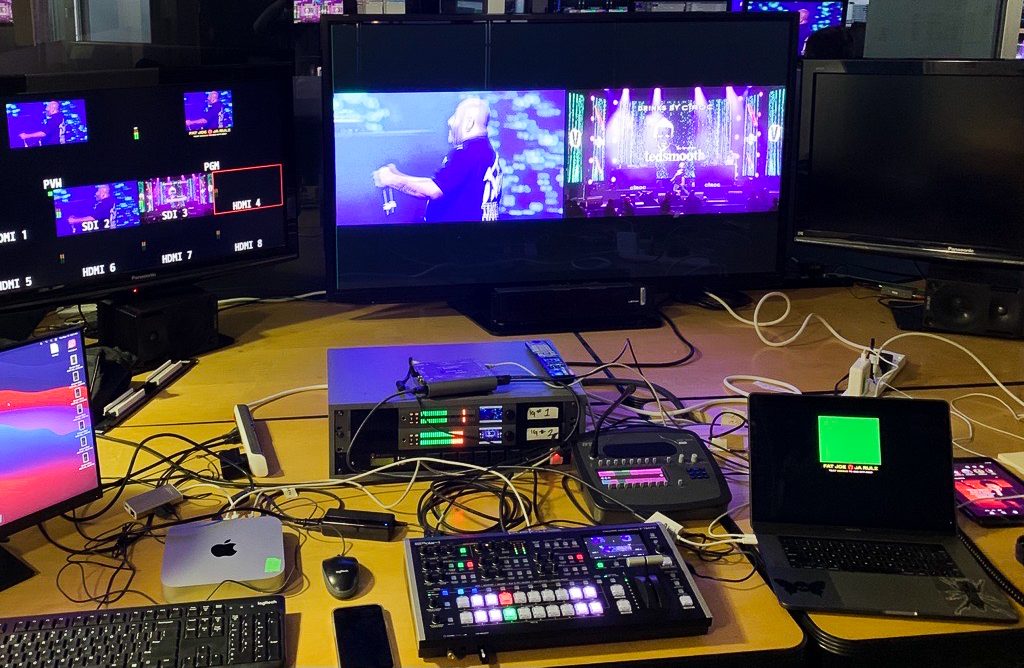
"We got almost every artist that was supposed to play the Bowl to virtually play the Hollywood Bowl." -Kerry Brown (Rolling Live Studios)
Keeping it Rolling
Like Swizz Beatz and Timbaland, Kerry Brown of Rolling Live Studios got inspired to give sidelined acts a place to play. An industry veteran with a gift for bringing people together, Brown turned his attention to streaming.
In addition to hosting over fifty concerts, including a star-studded David Bowie tribute, Rolling Live Studios played a pivotal role in broadcasting from a pandemic-shuttered LA icon. “We were able to get almost every artist that was supposed to play the Bowl that year to virtually play the Hollywood Bowl,” reveals Brown with pride. “I brought a Roland switcher with a mixer in it, a couple of cameras, and a laptop, and we produced some of the biggest names in entertainment on Zoom.”
Teach Someone to Stream
In the case of Rolling Live Studios, Roland’s role was slightly different than with Verzuz. However, the end goal of helping elevate the quality of the broadcast was the same. “Kerry had the gear and knew how to use it,” Delfino says. “We just provided some resources to support him. Once he had that, they were good to go. It’s like teaching someone to stream,” he laughs.
To Delfino, Brown’s musician-focused motivation makes Rolling Live Studios unique in the streaming universe. “What Kerry is doing is really about the musician community and keeping that going,” he says.
The power of performance remains fuel for music fans, helping them navigate the challenges and isolation of pandemic life. “Live music was always that outlet for us,” Seaborn shares. “I find myself reminiscing about my favorite concerts now when I’m at home.”
"Live music was always that outlet for us. I find myself reminiscing about my favorite concerts now when I'm at home." -Kristin Seaborn (Roland)
Now that concerts are returning, streaming music has seen a slight audience dip. Yet, Verzuz and Rolling Live Studios continue to thrive—presenting eclectic performances regularly. The advent of these platforms is a boon for music fans. To Brian Alli, that’s what it’s all about. “The benefits of going to a concert are the same in hard times as in good times,” he says. “When you go to the show of the year for you, personally, the moment you walk out is a feeling of total euphoria.”
